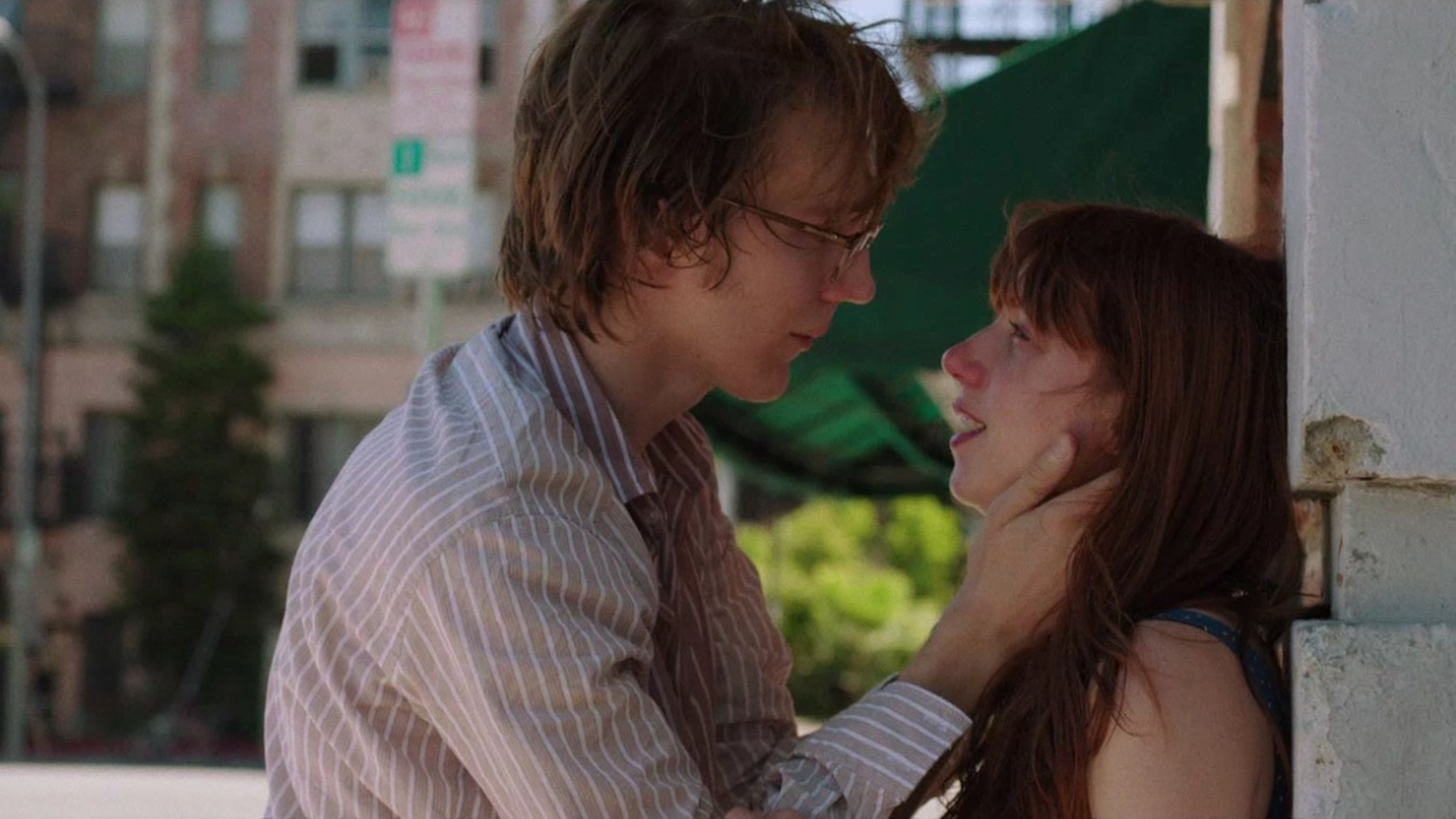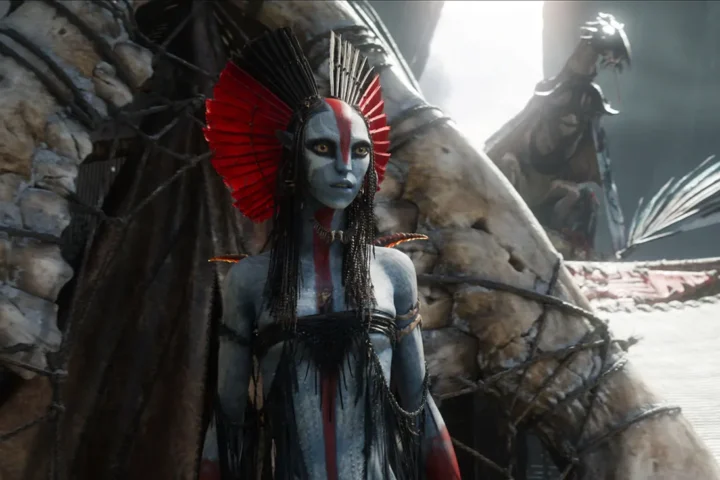Fantasy and reality collide in Ruby Sparks, a fractured love story about a wunderkind young novelist suffering from writer’s block who manifests his perfect muse from the keys of a battered old typewriter. What he does with her once she arrives is what makes this surprising movie so deep and true.
Ruby Sparks, directed with humor and palpable romance by Jonathan Dayton and Valerie Faris (Little Miss Sunshine) and penned by star Zoe Kazan (granddaughter of legendary Elia), whose real-life partner Paul Dano (There Will Be Blood) stars with her in the film, is a whirligig picture about romantic illusions and the reality of having to live in the real world—the one where we let people be who they are.
Calvin (appealing anti-leading man Dano) is a bottled up writer who hit the big time some years earlier with his fledgling Great American Novel. He’s a star of sorts on lecture circuit and while semi-famous, has hit the sophomore slump, the reasons for which he tries to determine with his droll shrink (Elliot Gould) and savvy brother (a corrosively funny Chris Messina).
After dreaming about a beautiful young woman (Kazan) who gets his (writing) juices flowing again, he’s shocked to discover that the girl—whom he’s named Ruby in his manuscript—turns up in the real world, living inside his home, looking and acting like his girlfriend, her every quality derived from the pages of his in-process tome. He’s written the perfect girlfriend—and suddenly there she is.
Incredulity gives way to an acceptance of the unexplained, fate and soul mating, leading to a whirlwind affair. But then reality sets in. Ruby wants space. Calvin doesn’t. In a moment of despair, he returns to the locked-up manuscript and types her back into his life. Simple, right?
Well, not exactly. Inevitably, they grow apart again. And again. And Calvin keeps re-writing and re-writing Ruby, trying to make her perfect; make everything work out; constructing and deconstructing. In a virtuoso performance, Kazan brings down the house in a late scene where she realizes what Calvin is up to—and I guarantee you have never seen a moment like this in a film before, ever.
Also in the mix is Calvin’s new-agey mother (Annette Bening), who lives in a magnificent garden home off the Pacific Coast Highway with her salt-of-the-earth lover (Antonio Banderas), both of whom the film slyly ribs by quietly lampooning their hippiesh Southern California lifestyle, as Calvin tries to come to terms with his mother’s great changes in her second relationship.
Thematically, the tantalizing part of Ruby Sparks is the pointed notion that you can never change who a person really is, as hard as you might try. Back and forth to the typewriter Calvin goes, and we keep meeting new versions of Ruby—sad ones, codependent ones, aggressively happy ones—but no matter how he changes her, he just can’t make her what he wants, chiefly because she has a mind of her own.
Ruby Sparks uses its fantastical premise to address the ebb and flow of a modern relationship with issues of misplaced romantic ideals, struggles for control and the need to change those we love into something that provides a safe haven. It’s a superb movie and one that doesn’t attempt to provide rational explanations for the irrational—chiefly, love and how it comes to us, how we lose it and how, in a hopeful message, we can start over.



